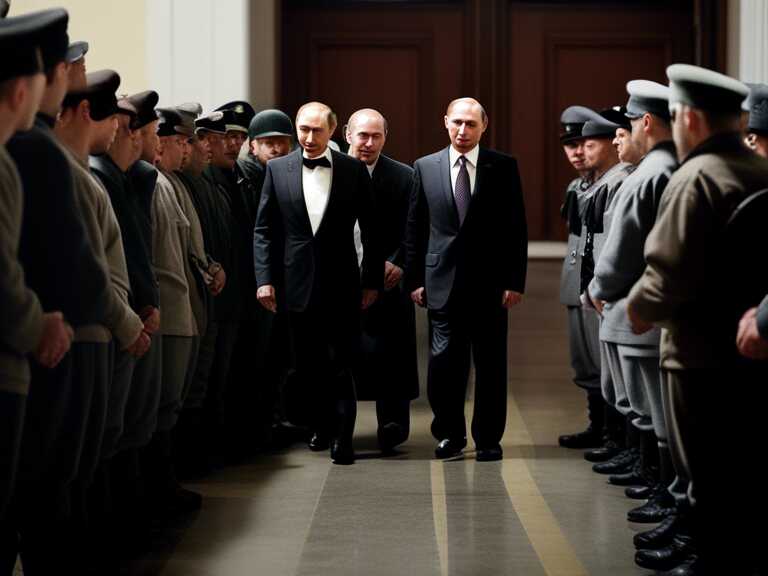
Putin-Backed Assassin Released in Historic Prisoner Exchange, Involving American Journalists
A life sentence for a 2019 Berlin park assassination was part of a major prisoner exchange between Russia and the West.

A historic prisoner exchange has been completed between Russia and the West, marking the largest such diplomatic deal since the Cold War. The exchange involved a total of 16 individuals, with three of them being American citizens. Among the freed Americans were Evan Gershkovich, a journalist for the Wall Street Journal; Alsu Kurmasheva, another journalist; and Paul Whelan, a former U.S. Marine and corporate security executive.
Prisoner release and terms
The release operation was not solely focused on Western prisoners, as it also encompassed numerous Russian political dissidents who were incarcerated by the Kremlin. This aspect demonstrates the nuanced and multi-faceted nature of the negotiations, indicating a concerted effort to address concerns from both sides. The conditions and terms of the release were the result of extensive discussions and diplomatic deliberations, underscoring the complexity of the entire process.
Vadim Krasikov's role
At the center of this expansive prisoner exchange stands Vadim Krasikov, a figure whose actions reverberated internationally. Notably, Krasikov had been serving a life sentence in Germany for the brazen 2019 assassination of a former Chechen separatist fighter in a downtown Berlin park. Despite his imprisonment, Krasikov's standing was made apparent when Russian President Vladimir V. Putin referred to him as a "patriot." This characterization attracted significant attention and sparked speculation about the motives behind Krasikov's release.
The significance of the exchange
The release of Krasikov and the subsequent exchange of individuals have far-reaching implications, influencing the dynamics between Russia and the West. The sheer scale of the prisoner exchange, in conjunction with the inclusion of high-profile figures from both sides, underscores the ongoing geopolitical tensions and the potential for cooperation and negotiation. As this development unfolds, it is poised to become the subject of extensive analysis and scrutiny, as stakeholders assess the ramifications and long-term effects on international relations.
Share news















